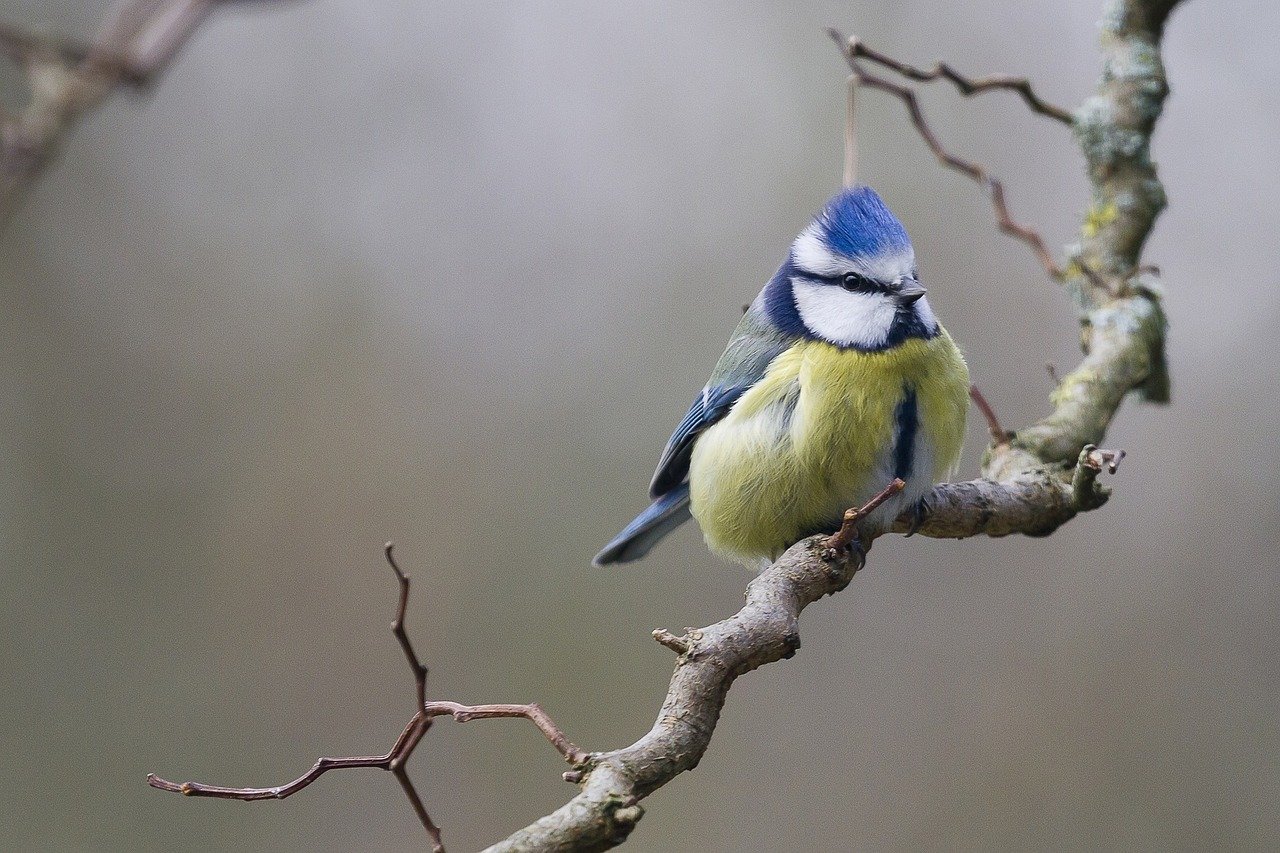En blåmespopulation under 60 år: dess sentida ökning samt häckningsdata
DOI:
https://doi.org/10.34080/os.v21.22597Nyckelord:
häckningsframgång, populationsstudier, tid för äggläggning, predator–bytesinteraktion, interaktion mellan predator och byte, klimateffekter, holkAbstract
Before 1983, Blue Tits Cyanistes caeruleus never made up more than four pairs of the breeding population in a nestbox study carried out in South Central Sweden. From five breeding pairs in 1983, the population increased to 29 pairs in 2007 and remained high to the end of the study in 2011. Mean laying date was strongly correlated with mean April temperature, which increased during 1983–2011. During the same period mean laying date became nearly ten days earlier. Mean clutch size was 9.90 eggs but varied both within and between years and showed a negative relationship to population size. The mean number of fledglings varied strongly between years, partly because of predation but also due to nestling starvation.
Nedladdningar

Downloads
Publicerad
Referera så här
Nummer
Sektion
Licens
Copyright (c) 2012 Karl Gustav Schölin, Hans Källander

Det här verket är licensierat under en Creative Commons Erkännande 4.0 Internationell-licens.
Författaren/författarna innehar copyright för varje enskilt bidrag, men samtliga bidrag är publicerade under en Creative Commons-licens, så att vem som helst kan dela och återanvända bidraget förutsatt att copyright-innehavaren erkänns.







